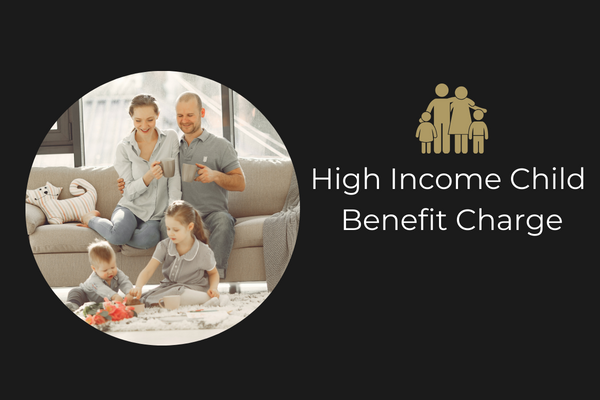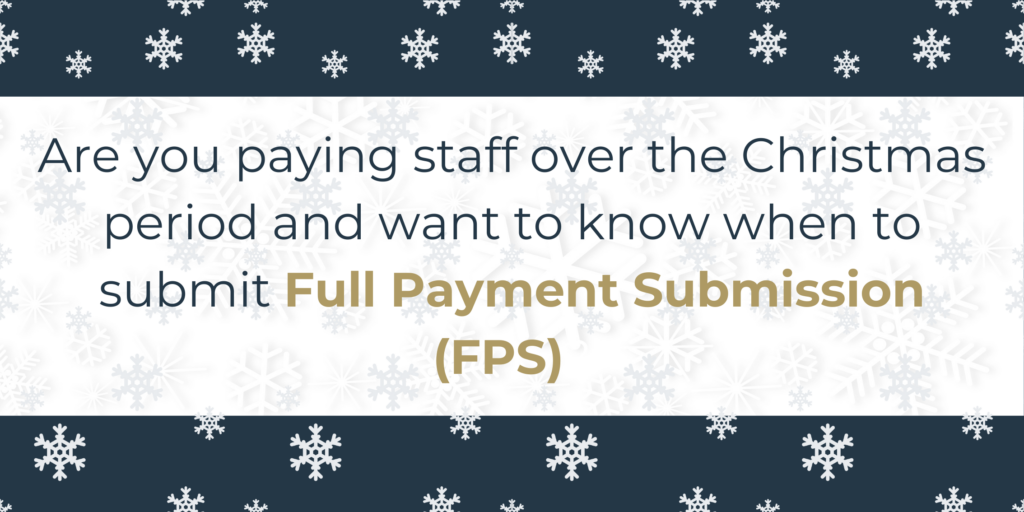High Income Child Benefit Charge

Introduction
The High Income Child Benefit Charge (HICBC) was introduced back in 2013 as a tax levied on higher rate tax payers. The aim was to clawback some child benefit paid to households with a higher earner.
With the thresholds not being updated in 11 years, it is no wonder that more and more families are being pulled into the tax charge and facing unexpected additional tax liabilities and penalties.
How does it work
The HICBC applies to households where one person earns over £50,000 annually. If someone in the household earns over £60,000, the charge will completely wipe out any child benefit received.
For incomes between £50,000 and £60,000, the charge is tapered, meaning that for every £100 earned above £50,000, 1% of the child benefit is reclaimed by HM Revenue & Customs, up to the total amount of Child Benefit received.
Earners are required to self-assess the Child Benefit on their tax returns, however many of those who fall into the £50,000 – £60,000 income threshold are employees who had never needed to complete a self-assessment tax return before.
Who does it affect
The charge affects families who receive child benefit and have an individual in the household earning above £50,000. It’s important to note that it’s the individual’s income that matters, not the total household income.
This means that if one partner earns above the threshold, the charge applies, even if the other partner earns significantly less, or nothing at all.
As a result, the situation arises where a household with two partners earning £49,999 each will receive the full child benefit; in contrast a family where one parent has income of £60,000 and the other’s not in paid employment will receive nothing. Likewise, a single parent earning £60,000 will receive nothing.
This leaves single parent families and families with greater care responsibilities significantly worse off.
How to manage the charge
The simplest way is to opt out of Child Benefit altogether if your income is over the threshold. However, this decision will vary depending on individual circumstances, particularly as the receipt of Child Benefit allows for any non-working partners to maintain NI credits towards a state pension.
Where possible, careful income planning can be made around the thresholds and strategies such as contributing towards pension schemes can reduce the income that’s accessed for the HICBC.
There is mounting pressure on the government to reform the unfairness of the rules and consider linking thresholds for the HICBC to inflation, which may be addressed in an election year.
If you are unsure as to the best way forward, it may be best to seek professional advice, which Perrys would be happy to assist with.








